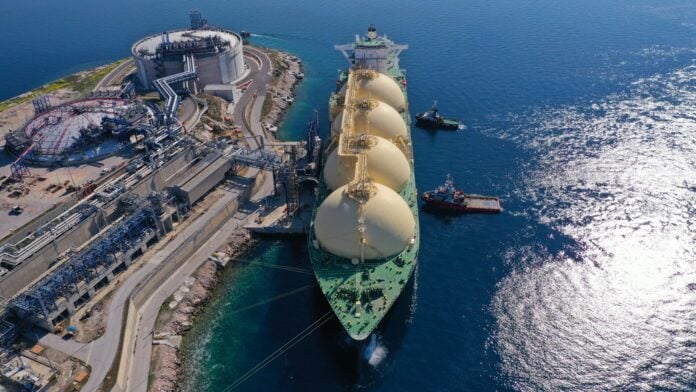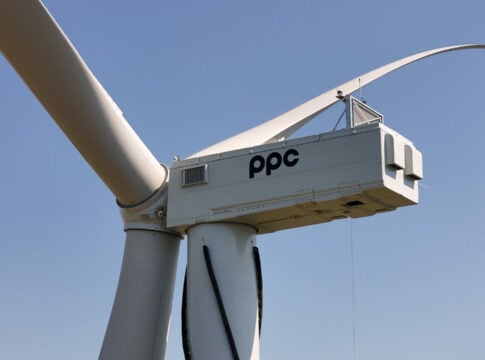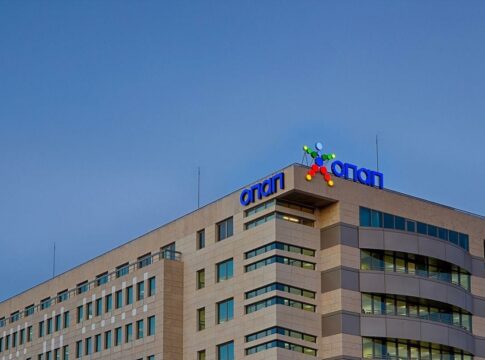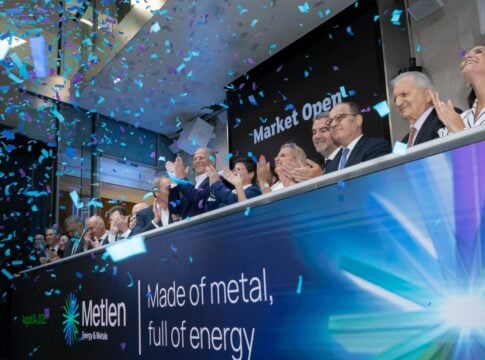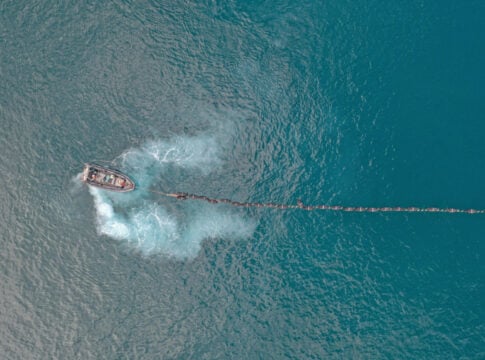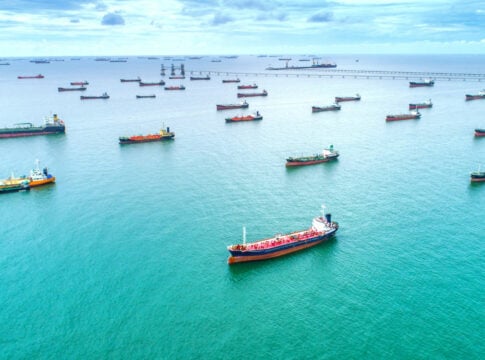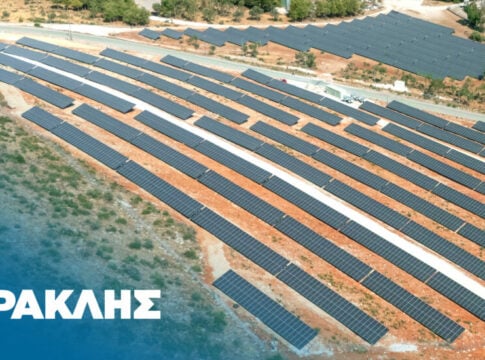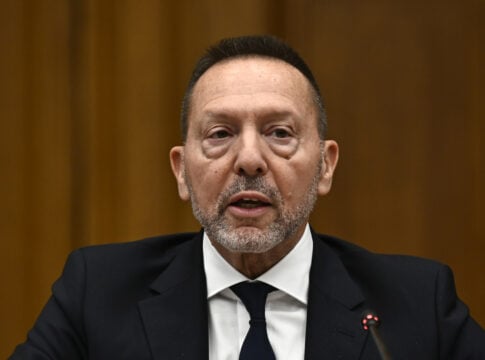The Greek orderbook remained at impressively high levels for yet another month, confirming the leading role of Greek shipowners in global shipping.
According to the latest report by Xclusiv Shipbrokers, the total orderbook of Greek interests once again exceeds 600 vessels, demonstrating a momentum that does not appear to be slowing down despite uncertainties in the global economy and the freight market.
The data shows that August was a particularly active month, with Greek-flagged orders reaching 634 vessels, up from 625 in July, as the Greeks placed nine additional orders. A significant number of newbuilding deliveries into Greek hands was also recorded.
Container Ships
Greeks currently have 86 vessels on order (nine more than before), a figure that corresponds to 9% of the global orderbook. A significant portion concerns neopanamaxes (51%), followed by feeders (33%), which are experiencing a surge in orders heading into 2025. In this sector, which forms the backbone of global trade, the total fleet stands at 6,970 ships, with an average age of 13.9 years, while the trend for new orders globally remains strong (972 ships under construction).
During 2025, several Greek companies have strengthened their position in the sector. Notably, Minerva Marine, owned by Andreas Martinos, placed an order for four feeder ships in China, while Capital Maritime, led by Vangelis Marinakis, ordered 18+2 containerships at HD Hyundai shipyards—an investment that stands out for both its scale and strategic significance. Similarly, TMS, headed by George Economou, placed an order for ten vessels of 11,400 TEU capacity, while Euroseas, led by Aristides Pittas, signed a contract for the construction of two additional container ships with a capacity of 4,300 TEUs, confirming the strong Greek footprint in this sector.
Liquid Cargo
Greek dominance is clear in the tanker sector, where the Greek orderbook includes 288 vessels, representing 24% of the global total (909 ships). One in every four tankers currently under construction belongs to Greek interests. The segment is led by suezmaxes (29%) and aframaxes/LR2s (24%), followed by MR2s (17%) and panamaxes/LR1s (12%). Despite the strong activity, the average age of the global tanker fleet remains high at 13.9 years, a factor that drives further investment in fleet renewal.
Greek shipowners appear to maintain a strategic balance between large and mid-sized vessels, while companies such as Maran Tankers, Dynacom, and other major groups are investing in modern, environmentally efficient vessels, keeping the Greek fleet at the forefront of technology.
Natural Gas
Greek presence in the gas carrier sector is particularly impressive, with 98 vessels on order—51 LNG carriers (16% of the global orderbook) and 47 LPG carriers (15%). Globally, the orderbook stands at 647 ships, with 329 LNG and 318 LPG carriers currently under construction.
Xclusiv’s data shows a rise in investment in liquefied natural gas carriers, with 92% of Greek orders concerning vessels with capacities of 141,000 to 200,000 cubic meters. These moves are linked to the strong market outlook for natural gas, despite recent pressures in the chartering market.
In the LPG (Liquefied Petroleum Gas) segment, Greeks maintain a stable orderbook, with a clear preference for VLGCs (Very Large Gas Carriers), which account for 47% of the orders.
According to analysts, these figures place Greece second worldwide—behind Japan in LNG and behind Norway in LPG. Among the companies with strong order placements at South Korean shipyards are TMS Cardiff Gas, Evalend Shipping, and Capital Gas, all investing in vessels with capacities between 141,000 and 200,000 cubic meters.
Dry Bulk
The Greek-flagged orderbook in the dry bulk carrier sector includes 162 vessels—one more than in July—representing 12% of global dry bulk orders (the rest of the world has 1,224 bulk carriers on order). 151 of these Greek orders have been placed since January 1, 2025.


